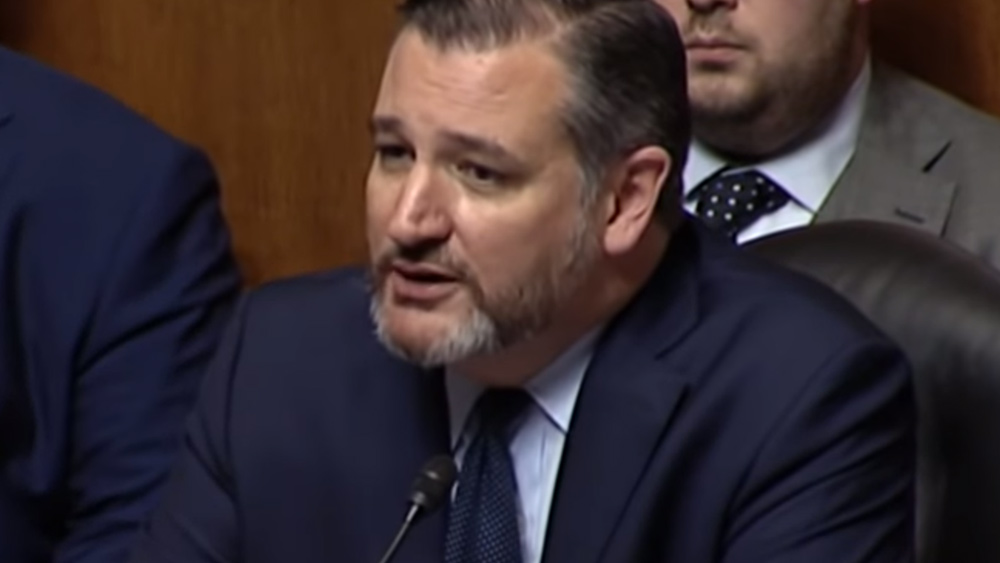
Texas Sen. Ted Cruz is once again taking Big Tech to the woodshed over its rampant censorship of conservatives.
Much like how Big Tobacco infamously claimed back in the '90s that nicotine is not addictive, Big Tech continues to claim, despite copious evidence to the contrary, that it does not censor conservatives.
Sen. Cruz knows this is a lie, hence his aggression during a recent hearing against Twitter CEO Jack Dorsey. Dorsey was essentially forced to admit that Twitter now acts as a content publisher rather than a content provider, meaning the platform no longer qualifies for the Communications Decency Act (CDA) immunity protections outlined in Section 230.
Dorsey, of course, insisted to Sen. Cruz that Twitter is not a publisher but rather a "distributor of information." This is false, however, and Sen. Cruz proved it while eviscerating Dorsey for lying under oath.
One prominent and recent example of Twitter censorship was its blacklisting of the New York Post exposé concerning Hunter Biden and the contents of his abandoned laptop. Twitter also censored President Trump for tweeting about the fraud risk associated with mail-in ballots.
When further pressed about why Twitter did not censor an article from The New York Times about Trump's taxes, Dorsey responded by claiming that because the Times was merely "reporting" on hacked materials, its piece did not qualify for censorship like the Post article did.
More of the latest news about Big Tech censorship can be found at Censorship.news.
Twitter and Facebook both police content as publishers, not providers
Sen. Cruz responded to Dorsey with another question about why Politico reporter Jake Sherman had his tweets removed and account locked simply for "reporting" on the Post story and asking Team Biden for a response to its claims. All Dorsey could say was that this was a "mistake."
Sen. Cruz then responded by suggesting that Twitter's selective censorship, which includes routine "mistakes" being made only against conservatives, only further proves that the tech platform is now a content publisher that decides which stories are allowed to be shared, or published, in people's tweets.
If Twitter was not a publisher as Dorsey claims, then all users, regardless of political persuasion, would be free to share whatever they choose on the platform. Because this is not the case, however, Twitter is, in fact, a publisher.
The same is true of Facebook, which Sen. Cruz also mentioned during the hearing as yet another example of a content publisher that wrongfully maintains immunity protection under Section 230 of the CDA.
Sen. Cruz flat-out asked both Dorsey of Twitter and Mark Zuckerberg of Facebook to provide full lists of the Republicans and Democrats they have censored over the years, emphasizing that he has asked for these lists in the past with no response.
Dorsey tried to argue with Sen. Cruz that providing such a list is not necessary, though he did admit that it exists in a database "somewhere." Zuckerberg, meanwhile, claimed that he is not even aware of such a list, though he appeared more willing to find and provide it as requested.
"Facebook, YouTube, Twitter, etc. engaging in politically motivated censorship is like your meter reader shutting off your electricity because you have a Trump sign on your lawn," wrote one commenter at The Right Scoop using a powerful analogy to illustrate the truth about Big Tech censorship.
"These social media companies have become like public utilities and therefore have no right to engage in political censorship. It is way past time to impose common carrier status on social media," the same commenter added.
Sources for this article include:
Please contact us for more information.















